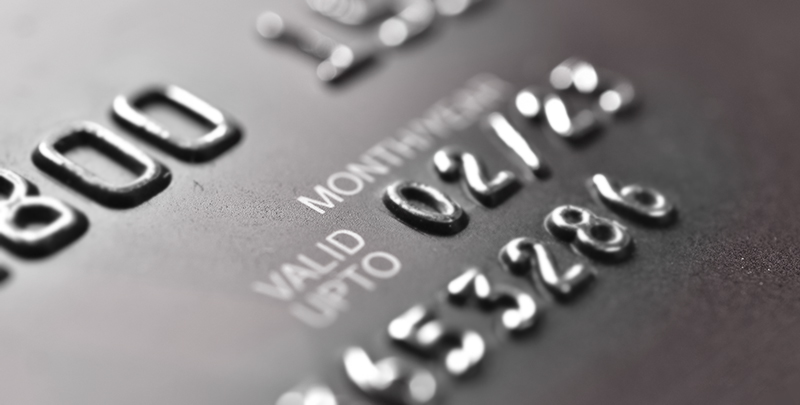Buy Credit Card
Credit Cards play a vital role in today's financial transactions, providing convenience and flexibility for everyday purchases. However, every Credit Card has an expiration date. What happens when your Credit Card expires? Although it may seem worrisome, knowing the process of expiry can guarantee a seamless transition and ongoing financial empowerment.
What does a Credit Card expiration date mean?
Every Credit Card comes with an expiration date embossed on it, typically in the format of MM/YY. This date signifies when your card will no longer be accepted for transactions. When your Credit Card expires, you will not be able to make new purchases, withdraw cash or complete any online transactions with that card. Banks usually start the process of issuing a new card a month before the old one expires. It's important to ensure that your bank has your current address to avoid delays in receiving your new card.
Why do cards have an expiration date?
- Wear and tear: Over time, the magnetic strip can degrade and the chip on your card can get damaged through everyday use, making it harder for merchants to process transactions. Banks rely on expiry dates to secure the functionality of your card.
- Security: The expiry date acts as a security checkpoint and offers a layer of fraud protection. Even if card details are compromised, having a regular card replacement cycle helps mitigate risks.
How to know your Credit Card expiry date without a card?
If you don't have your card in hand, you can find out the expiry date by logging into your Internet Banking account or Mobile Banking app where the card details are listed. Your monthly card statement also includes the expiry date of your card.
What to do when your Credit Card expires?
- Update your subscriptions: Many recurring payments or subscriptions are linked to your Credit Card. Once you receive your new card, check and update your subscriptions with the new expiry date and security code (CVV) to avoid service interruptions.
- Dispose of your old card safely: Cut your expired card into pieces to prevent any potential misuse.
- Activate your new card: Once you receive your new card, activate it according to the instructions provided by your bank.
How Axis Bank can help
Axis Bank understands the importance of uninterrupted financial access. If your card is expiring, consider the Axis Bank Insta Easy Credit Card. Here's why:
- Instant approval: Get approved for a Credit Card in minutes.
- Zero joining fees: No initial costs to worry about.
- Multiple benefits: Enjoy a range of benefits and rewards across dining, entertainment, shopping, etc.
Preparing for Credit Card Expiry
- Check the expiry date: Regularly check your card’s expiry date so you can anticipate the need for a renewal.
- Update your contact details: Keep your contact information up to date with your bank to ensure you receive your new card without any delays.
Conclusion
Understanding what happens after your Credit Card expires is crucial for maintaining financial flexibility and ensuring continuous access to your benefits. Always stay informed about your card's expiry date and prepare in advance for its renewal. If you're looking to apply for a Credit Card or need information on Credit Card interest rates and the documents required for a Credit Card, visiting your bank’s website or contacting their customer service can provide you with all the necessary details.
By staying proactive about your Credit Card's expiry, you can ensure a smooth financial journey and continue enjoying your Axis Bank Credit Card's benefits without interruption.
Also Read: When does your Credit Card expire, and why?
Disclaimer: This article is for information purpose only. The views expressed in this article are personal and do not necessarily constitute the views of Axis Bank Ltd. and its employees. Axis Bank Ltd. and/or the author shall not be responsible for any direct / indirect loss or liability incurred by the reader for taking any financial decisions based on the contents and information. Please consult your financial advisor before making any financial decision.







